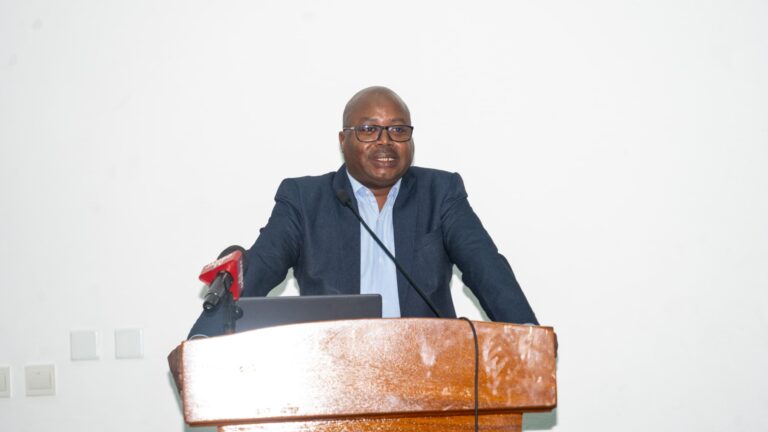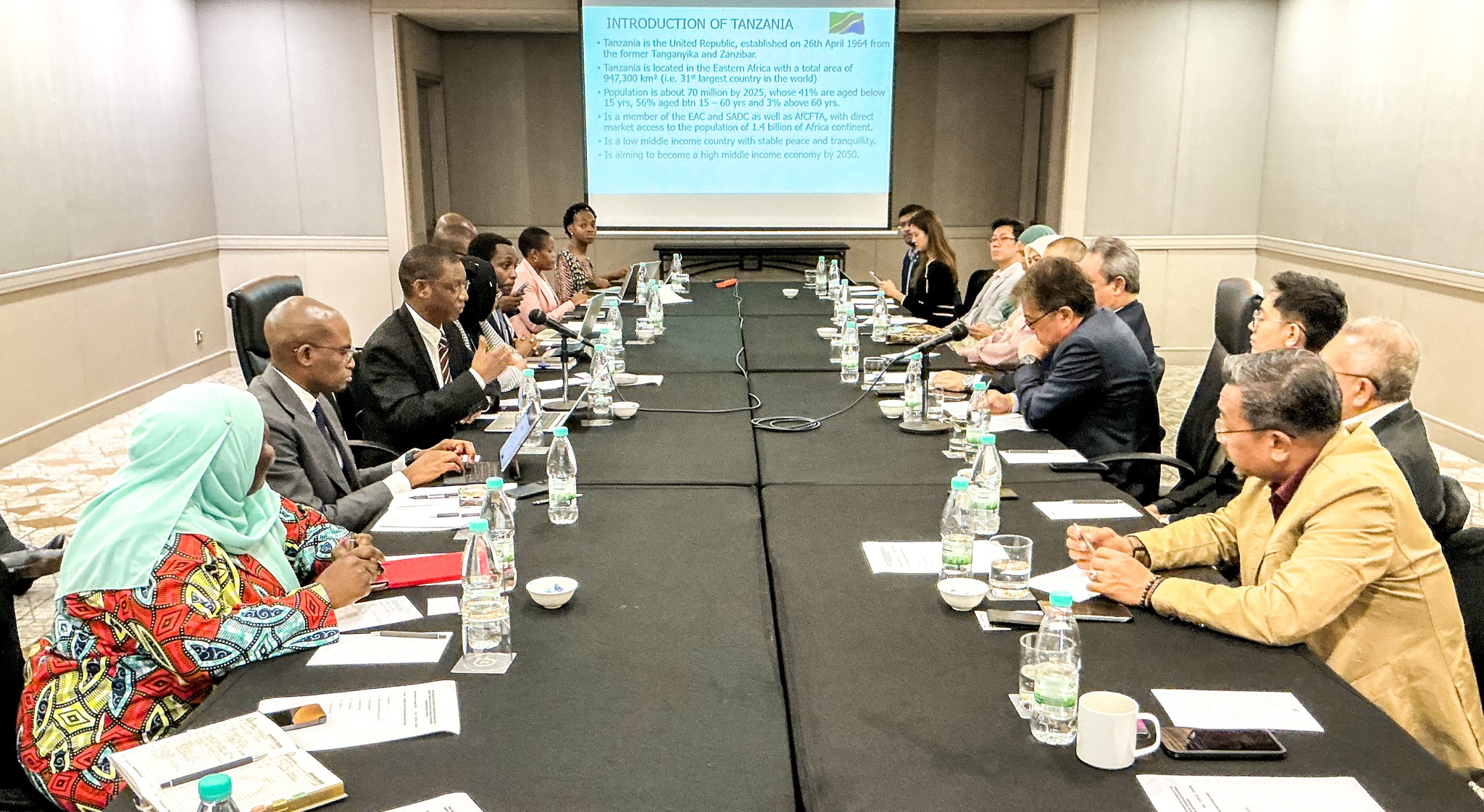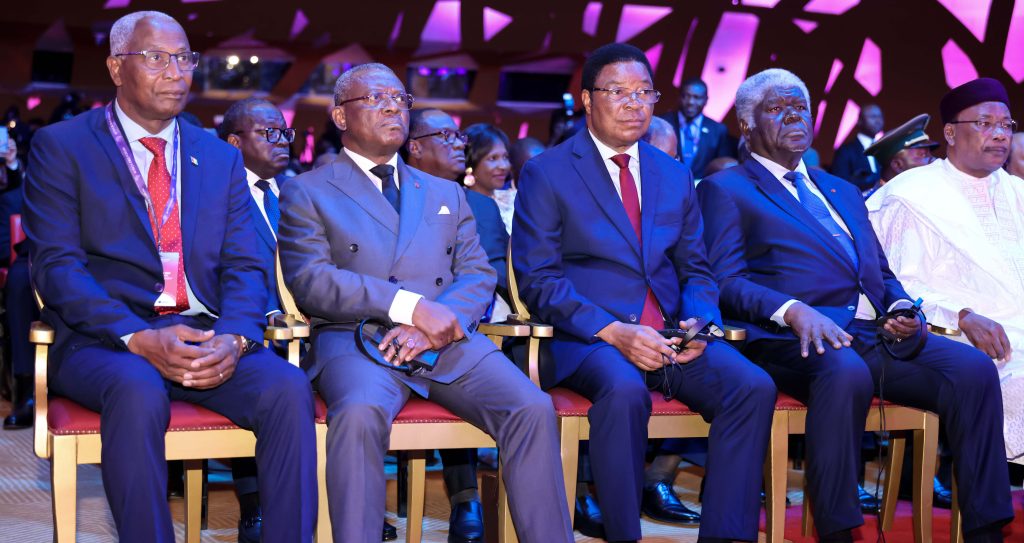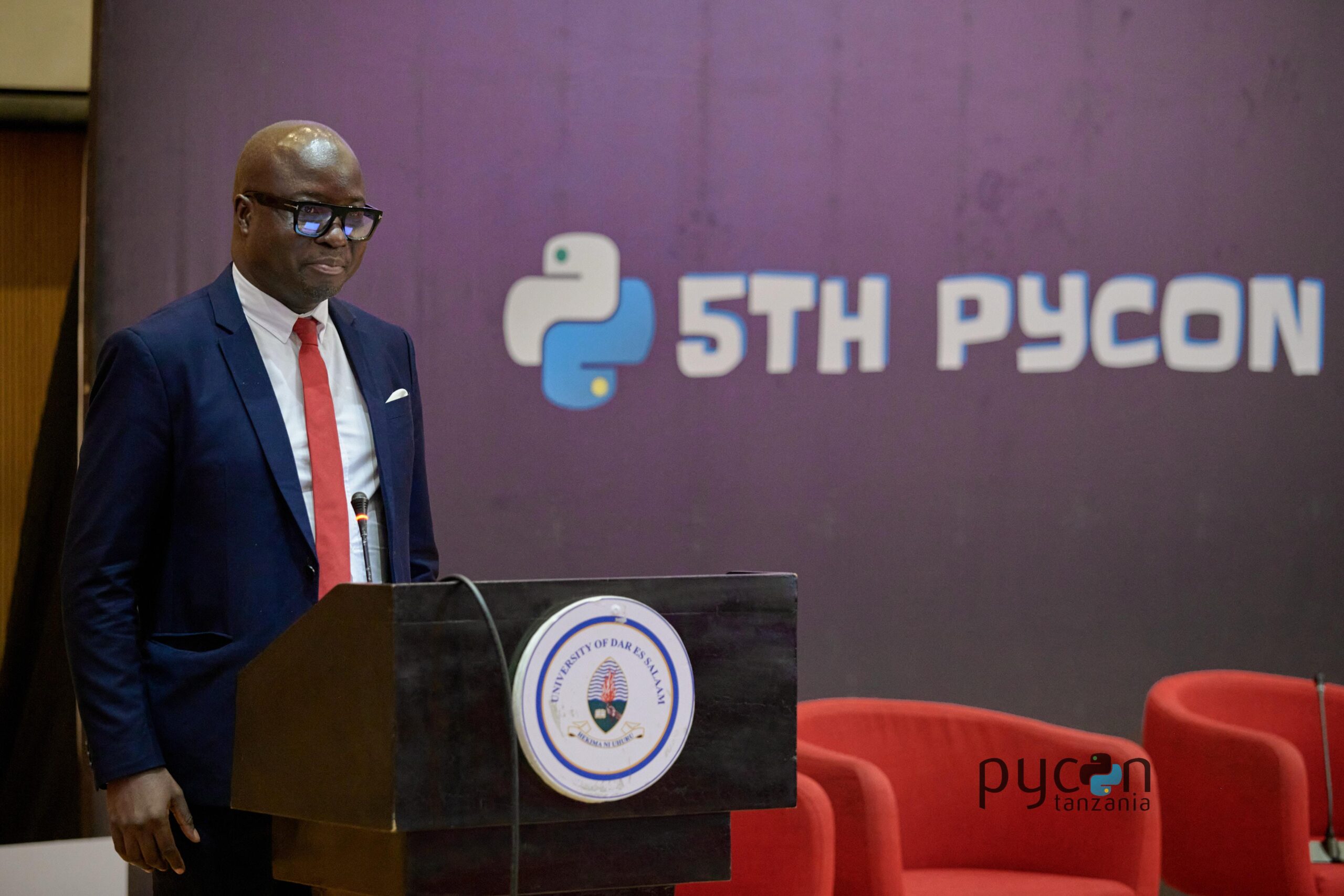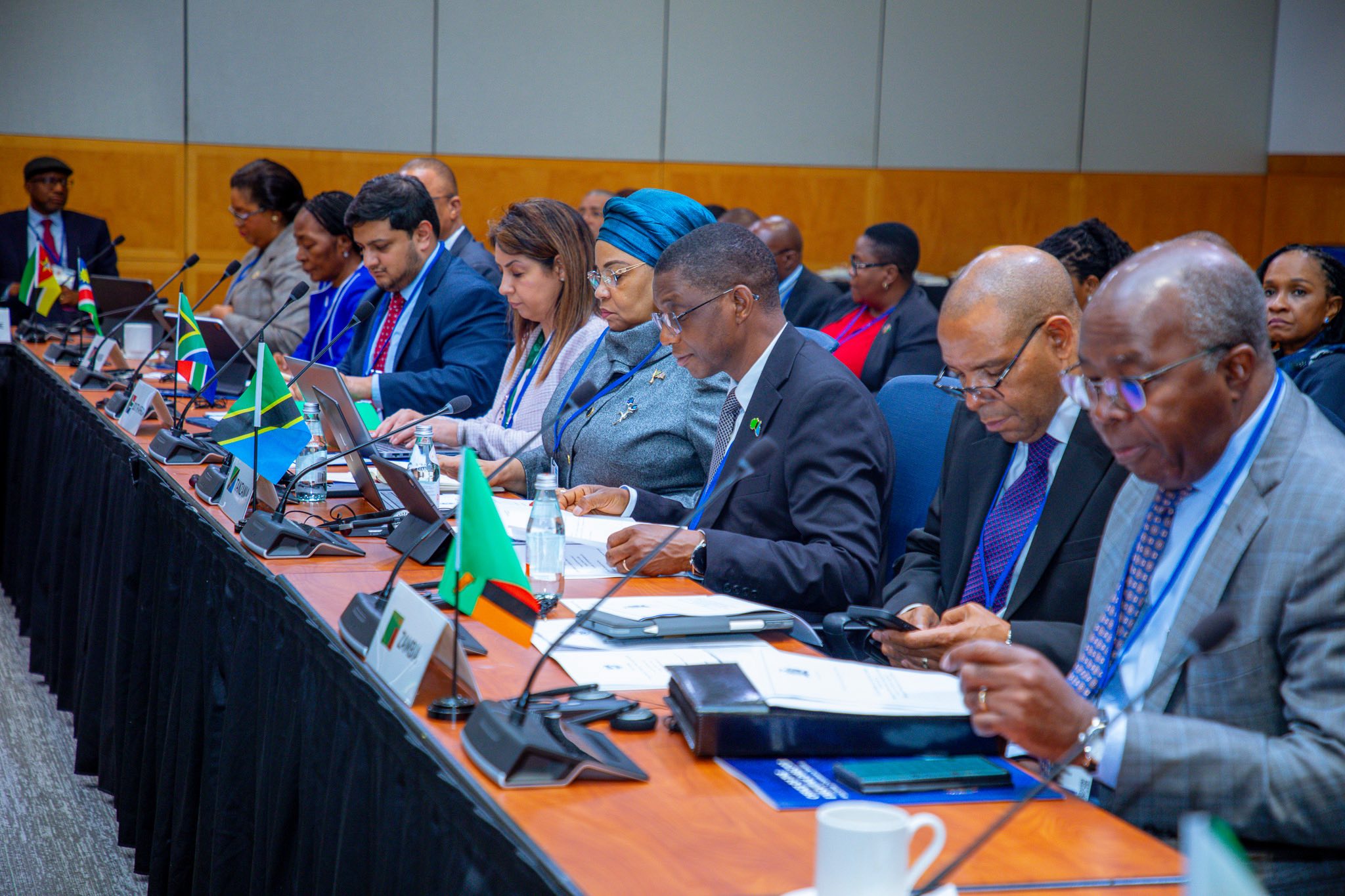Dar es Salaam. The Petroleum Bulk Procurement Agency (PBPA) has outlined a raft of reforms and achievements in the petroleum sub-sector, citing notable progress in system efficiency, transparency, and regional cooperation during the past four years of President Samia Suluhu Hassan’s administration.
Addressing a press conference on August 7, 2025, PBPA chief executive officer, Mr Erasto Simon, said key changes are in the area of contracts governing fuel imports, including the introduction of flexibility in the use of foreign currencies when settling payments for petroleum products imported for domestic use.
He said the agency, in collaboration with the Petroleum Upstream Regulatory Authority and other stakeholders, had reviewed various documents guiding the Bulk Procurement System (BPS), leading to improved oversight of the petroleum sub-sector.
“To strengthen regulatory compliance, the government has intensified periodic inspections of petroleum storage terminals to ensure operational standards are upheld,” he said.
Moreover, the PBPA has spearheaded efforts to enhance inter-agency collaboration with institutions such as the Tanzania Revenue Authority (TRA), the Energy and Water Utilities Regulatory Authority (EWURA), Weights and Measures Agency (WMA), Tanzania Bureau of Standards (TBS), and the Tanzania Ports Authority (TPA).
Regional cooperation and visibility
Mr Simon noted that PBPA has conducted study tours to neighbouring countries that rely on Tanzanian ports for fuel imports to educate them on the BPS model.
The initiative has yielded regional interest, with delegations from Zambia, Mozambique, Namibia, Uganda, Rwanda, Zimbabwe, and Burundi visiting Tanzania to learn from its experience.
“The lessons drawn have helped some of these countries address domestic fuel supply challenges,” he quiped.
Achievements in numbers
Mr Simon noted that under the current administration, the number of oil marketing companies participating in the petroleum importation process has surged by 121 percent, from 33 in 2021 to 73 in 2025.
“Similarly, PBPA has prequalified 24 suppliers in the BPS over the past four years,” he noted.
The average volume of imported fuel has grown from 5.8 million tonnes in 2021 to 6.4 million tonnes in 2024, with projections indicating the figure will reach 7.1 million tonnes by December 2025, an 11.4 percent increase from the previous year.
Tenders for fuel importation have risen by 8 percent over the period, while the number of implemented contracts increased to an average of 118 by the end of 2025, with 589 contracts executed in total between 2021 and 2025.
Cost savings and improved efficiency
PBPA, working with TPA, has implemented a scheduling system for vessels delivering petroleum products, leading to a substantial reduction in demurrage costs.
This intervention has saved the country approximately $11.5 million (about Sh29.95 billion) annually, bolstering foreign exchange reserves.
Additionally, PBPA has improved data management, maintaining accurate records of petroleum shipments under and outside the BPS framework since July 2024.
Storage capacity expansion
The number of fuel storage facilities has increased from 22 in 2021 to 24 in 2025.
More importantly, storage capacity has expanded significantly from 1.29 billion litres to 1.72 billion litres, an increase of 34 percent, driven largely by infrastructure upgrades in Dar es Salaam.
Despite global disruptions such as the Covid-19 pandemic, the Russia-Ukraine war, and tensions between Iran and Israel, Tanzania has maintained a consistent supply of petroleum products.
The BPS has ensured the country’s fuel requirements are met, while also supporting neighbouring landlocked nations.
To curb fuel losses, the government has installed advanced flowmeters and SCADA systems at storage facilities.
These technologies have enabled the accurate measurement of fuel offloaded from vessels, leading to an average annual saving of Sh56.4 billion, and a cumulative four-year saving of Sh225.6 billion.
To meet the demands of a growing and more sophisticated BPS, PBPA has recruited 68 staff members across various professional cadres in the past four years.
Mr Simon underscored PBPA’s continued commitment to strengthening the BPS framework to guarantee affordable and adequate fuel supplies in line with global price trends.
The agency also aims to attract more transit fuel imports from landlocked countries, capitalising on Tanzania’s strategic port infrastructure.
He added that PBPA would maintain close collaboration with stakeholders, including the media, to ensure sustained public awareness and transparency in the petroleum sector.

